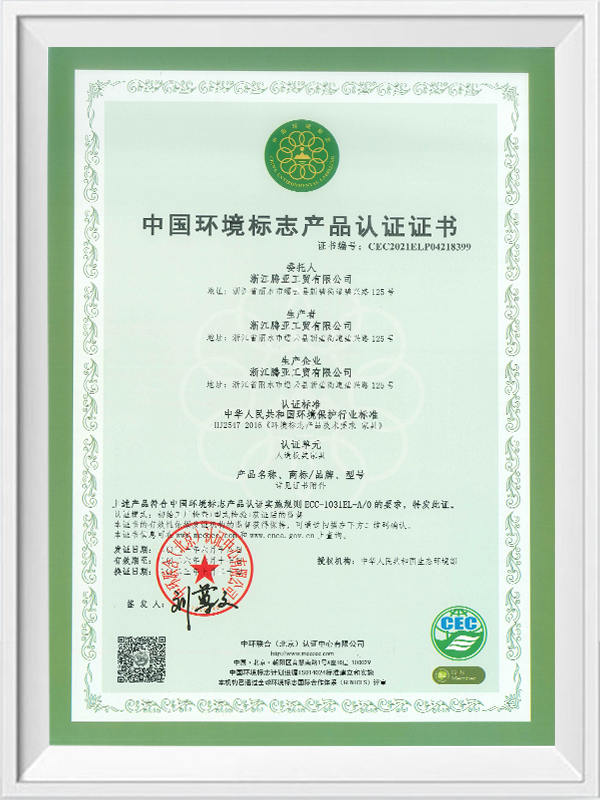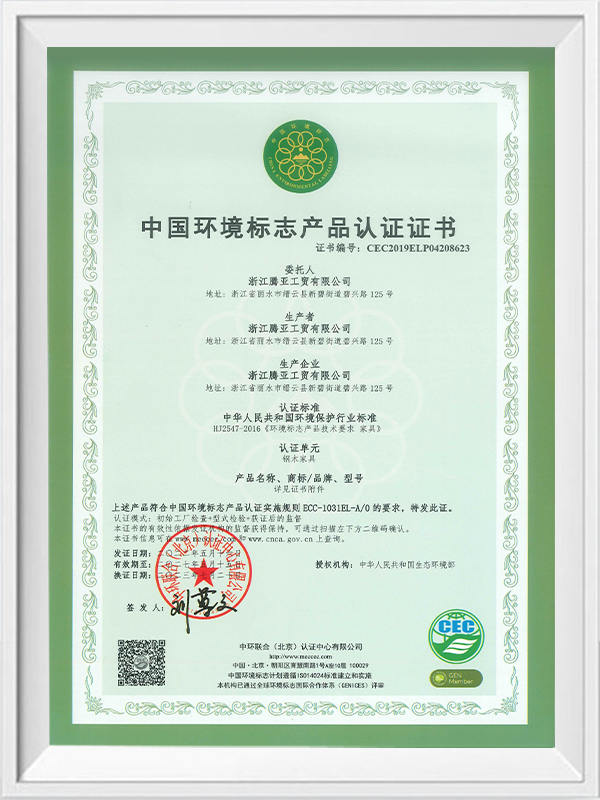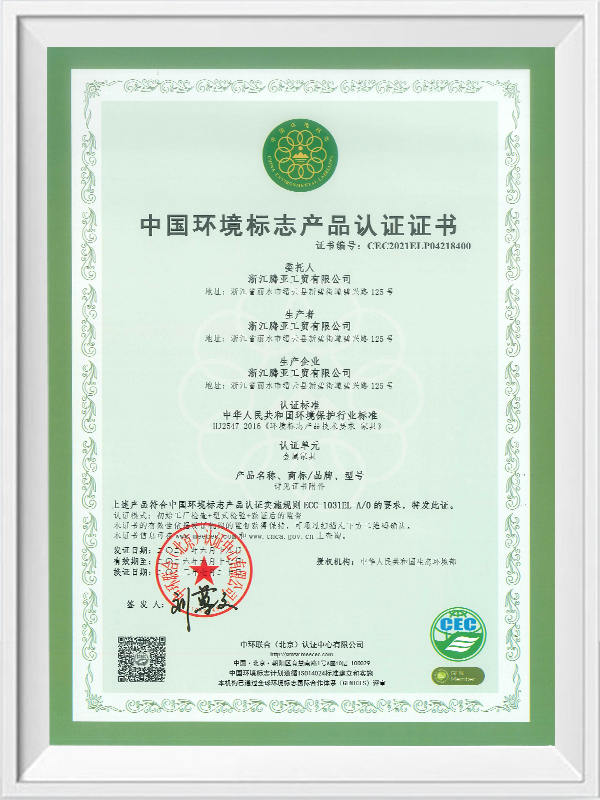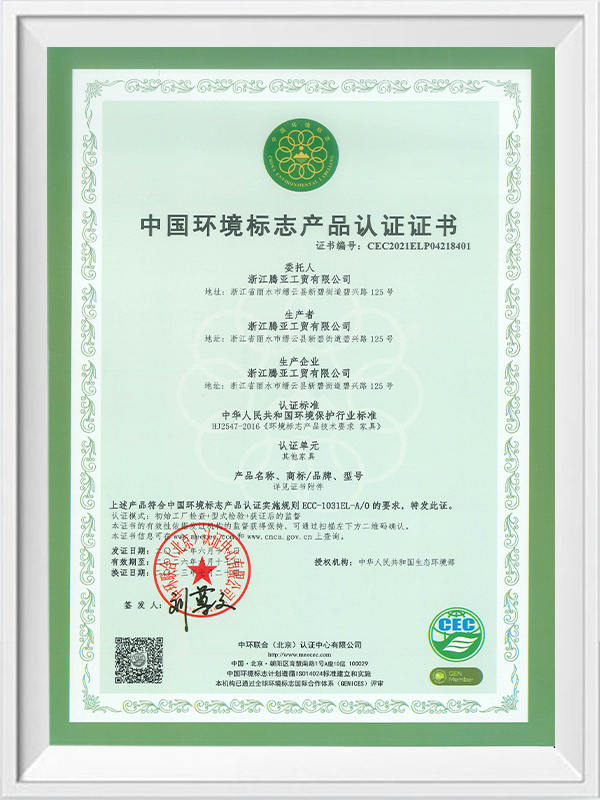Style of Lecture Hall Table and Chair
The style of lecture hall tables and chairs plays a crucial role in shaping the learning environment. These furnishings are not just about aesthetics; they are essential in promoting comfort, concentration, and functionality for both students and instructors. A well-thought-out furniture style enhances the overall educational experience by accommodating different teaching formats and room layouts.
One common style found in lecture halls is the fixed seating arrangement, where chairs are either attached to the floor or to the tables. This setup ensures stability, reduces noise from movement, and allows for better space management, especially in large auditoriums. The integrated design often includes foldable writing tablets, which can be stowed when not in use to create more space.
Another popular style is the tiered seating configuration. This design elevates each row of seats, improving visibility and sightlines for all attendees. It is particularly beneficial in larger lecture halls where students at the back need a clear view of the instructor and presentation screen. Chairs in these settings often come with ergonomic features to support long periods of sitting.
In modern lecture halls, modular or mobile furniture is gaining popularity. These chairs and tables can be rearranged to support group discussions, workshops, or collaborative learning. Such flexibility is aligned with evolving teaching methods that emphasize student engagement and interaction.
The choice of materials and colors also contributes to the style. Sleek, neutral tones convey professionalism, while brighter accents can create a more vibrant and inviting space. Designs that combine wood, metal, and upholstery strike a balance between durability and visual appeal.
Why Does Selection of Lecture Hall Furniture Seating Use Wood?
Wood is a commonly chosen material for lecture hall seating, and its selection is based on a combination of practicality, comfort, and visual appeal. While modern materials such as plastic and metal are also used, wood continues to be favored in many academic settings for several compelling reasons.
One of the primary advantages of using wood is its natural durability. When properly treated and maintained, wooden furniture can withstand daily use over extended periods without significant wear and tear. This makes it a cost-effective choice for institutions that need long-term, reliable solutions for high-traffic areas like lecture halls.
Comfort is another important factor. Wood has a natural warmth and slight flexibility that provides a more pleasant seating experience compared to harder, colder materials. Many lecture hall chairs made of wood are ergonomically designed to follow the contours of the body, supporting posture during extended lectures or presentations.
In addition to physical comfort, wood contributes positively to the acoustic qualities of a lecture hall. Unlike metal or plastic, wood absorbs sound rather than reflecting it, which helps to reduce noise levels and echo in large spaces. This creates a more conducive environment for clear communication and focused learning.
Aesthetically, wood is a timeless material that brings a sense of tradition, quality, and professionalism to any space. It complements both classical and modern architectural styles and can be stained or finished in various shades to match the interior design of the lecture hall. The visual warmth of wood contributes to an inviting and comfortable atmosphere, which can have a positive psychological effect on both students and instructors.
Lastly, sustainability is a growing consideration. Many educational institutions are seeking eco-friendly materials, and responsibly sourced wood meets this criterion. It is renewable and biodegradable, especially when sourced from certified sustainable forests.


 English
English русский
русский Español
Español عربى
عربى




